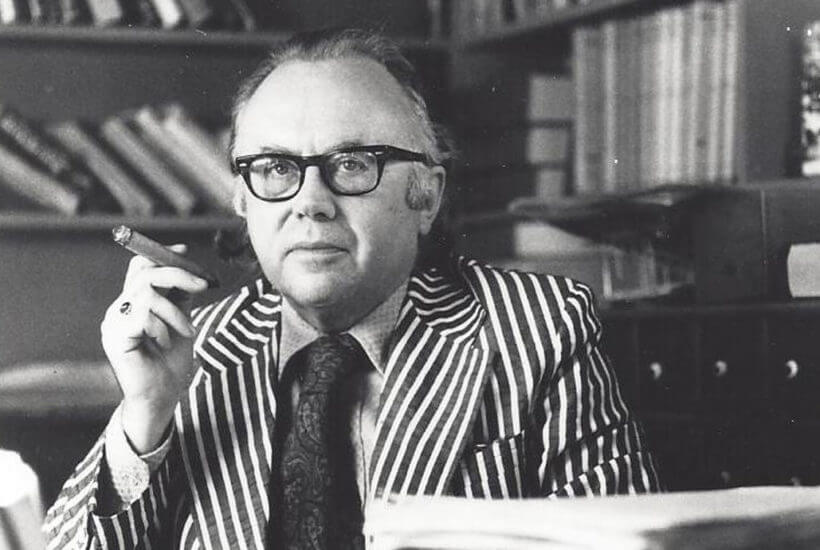Darrell Falconburg is an Assistant Editor at VoegelinView and the Academic Program Officer at the Russell Kirk Center for Cultural Renewal. Prior to joining the Kirk Center, he worked as an administrator and teacher for newly formed classical schools. He is pursuing a PhD in the Humanities with a history emphasis from the great books program at Faulkner University. He received an MA in Philosophy from Mount Angel Abbey and Seminary as well as a BA in History from the College of Idaho.

